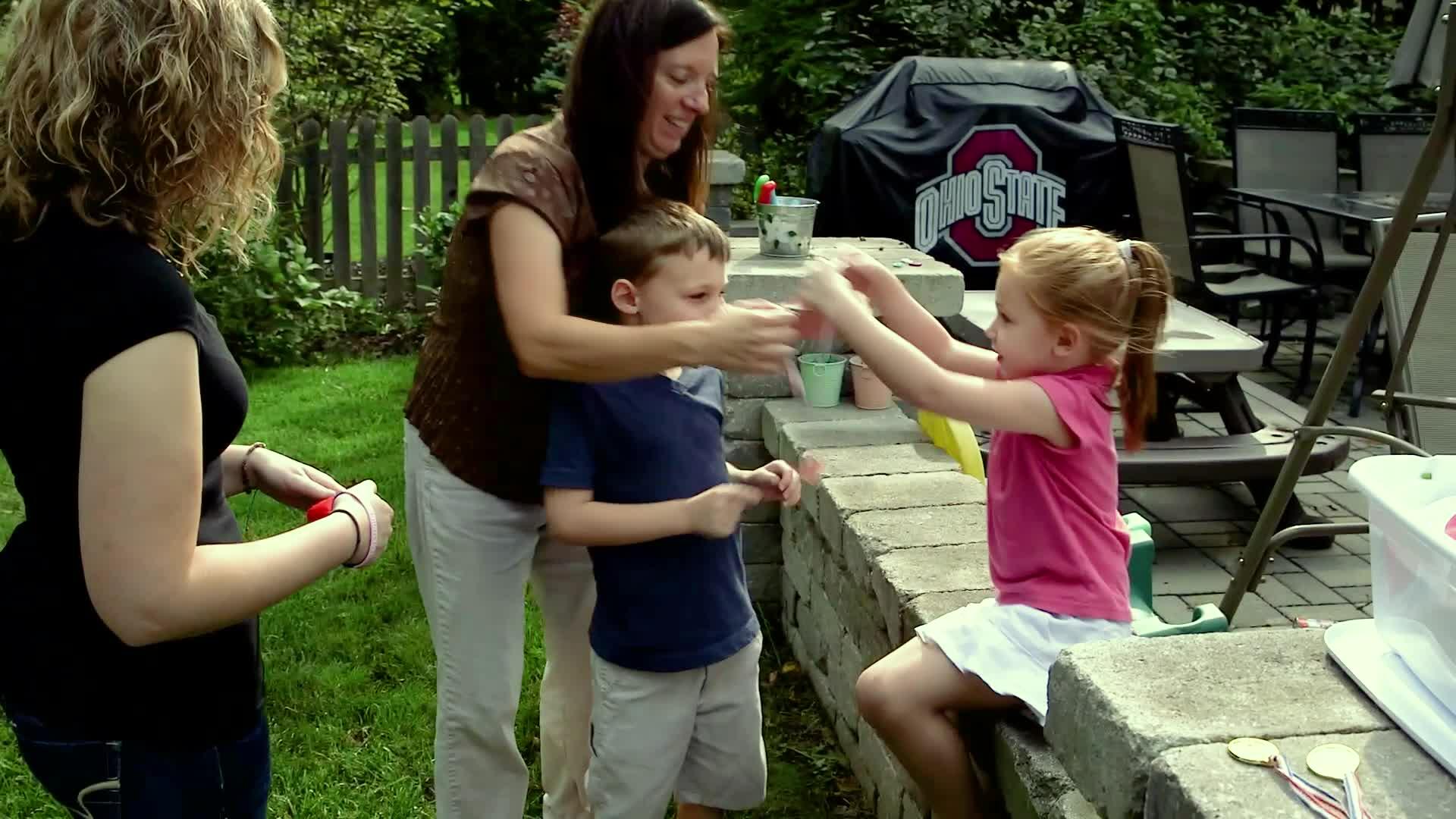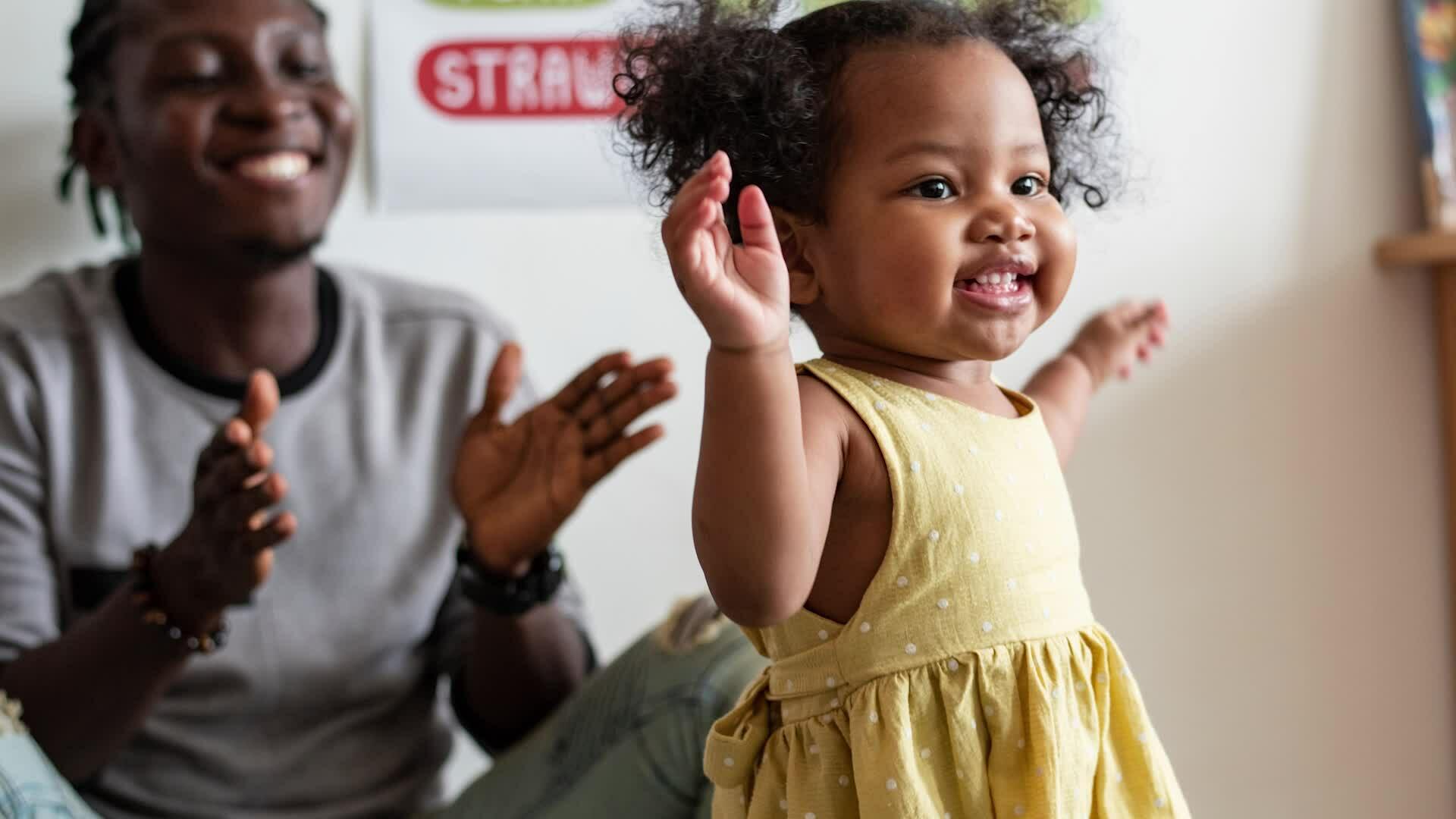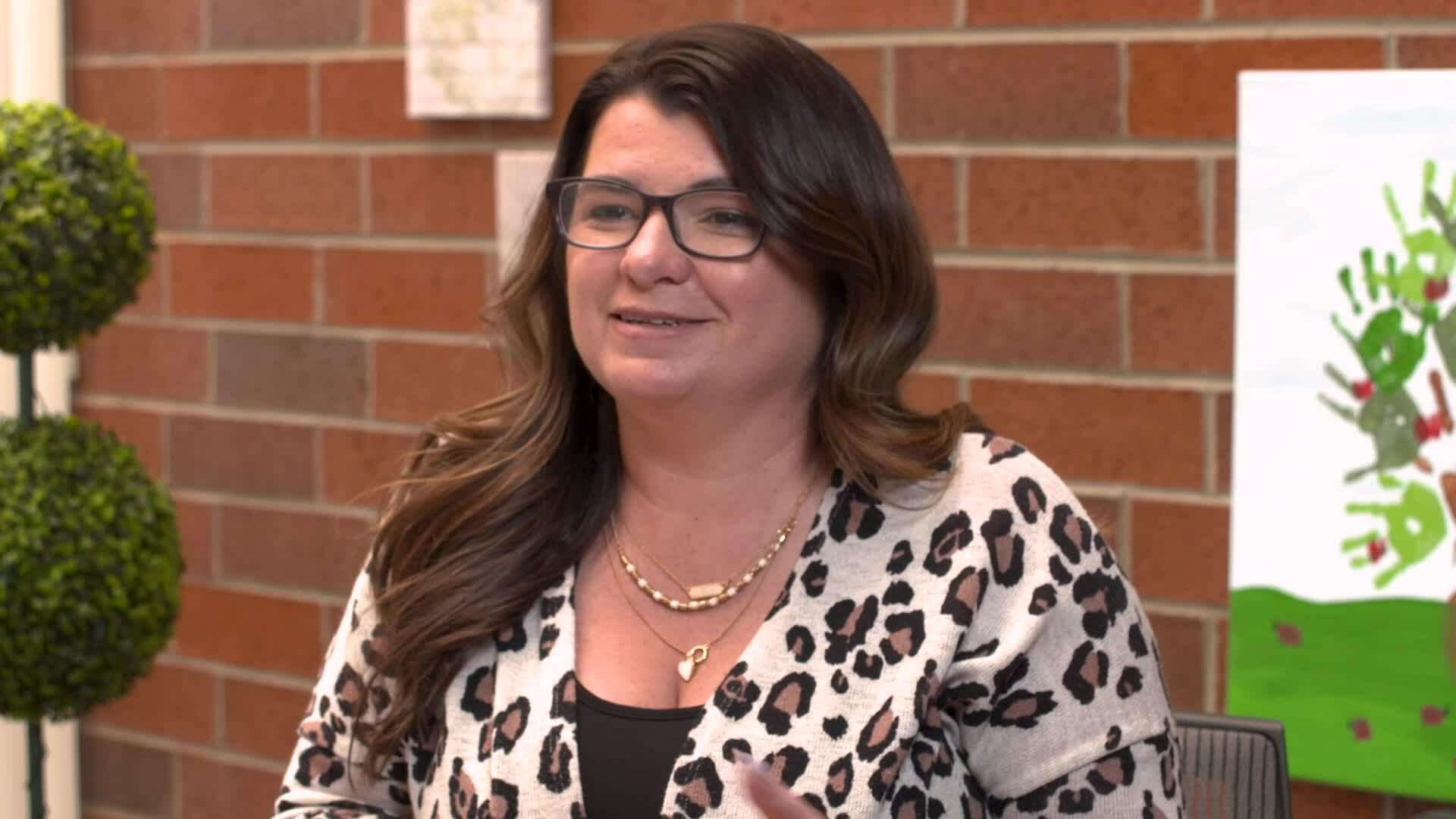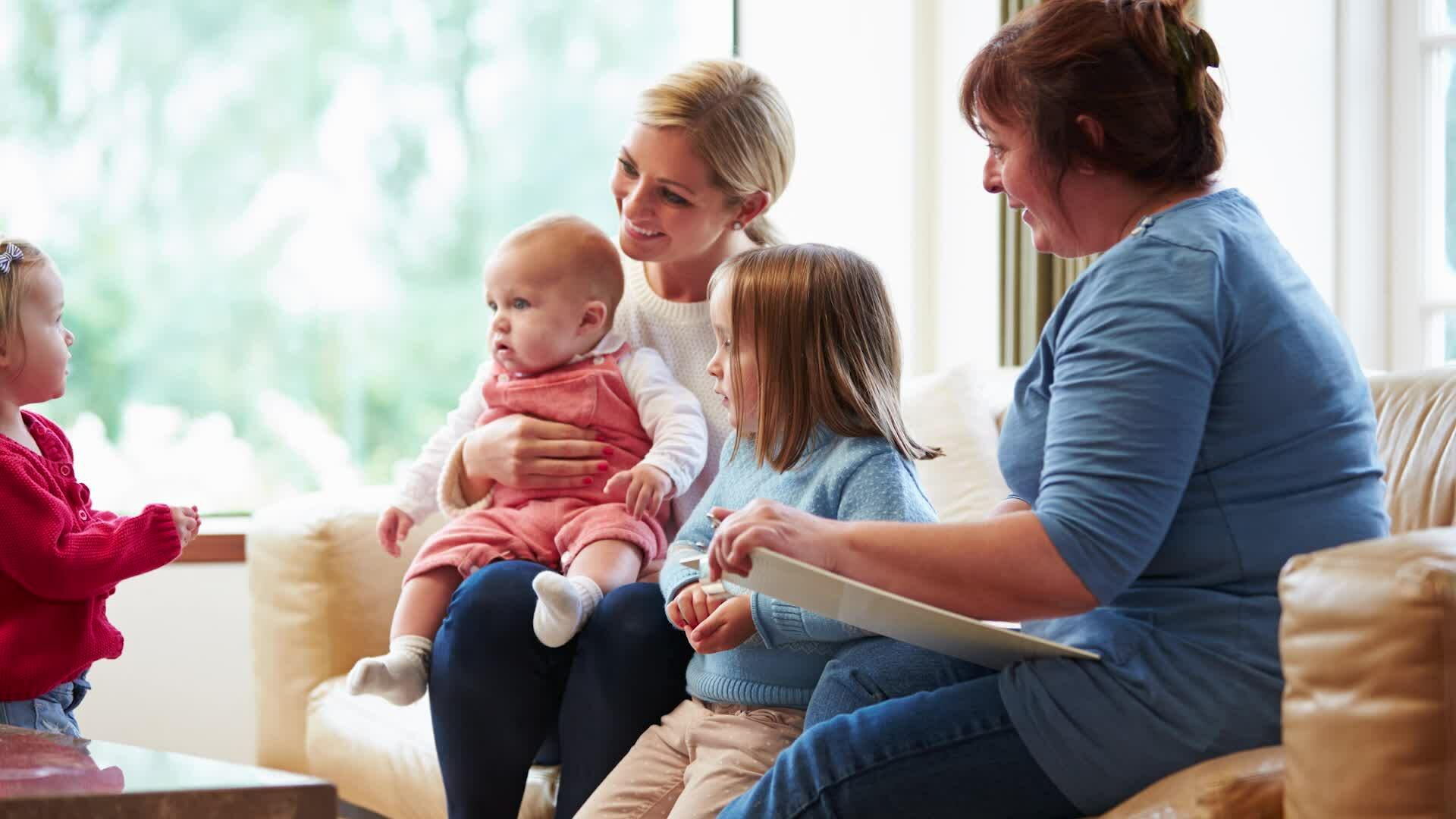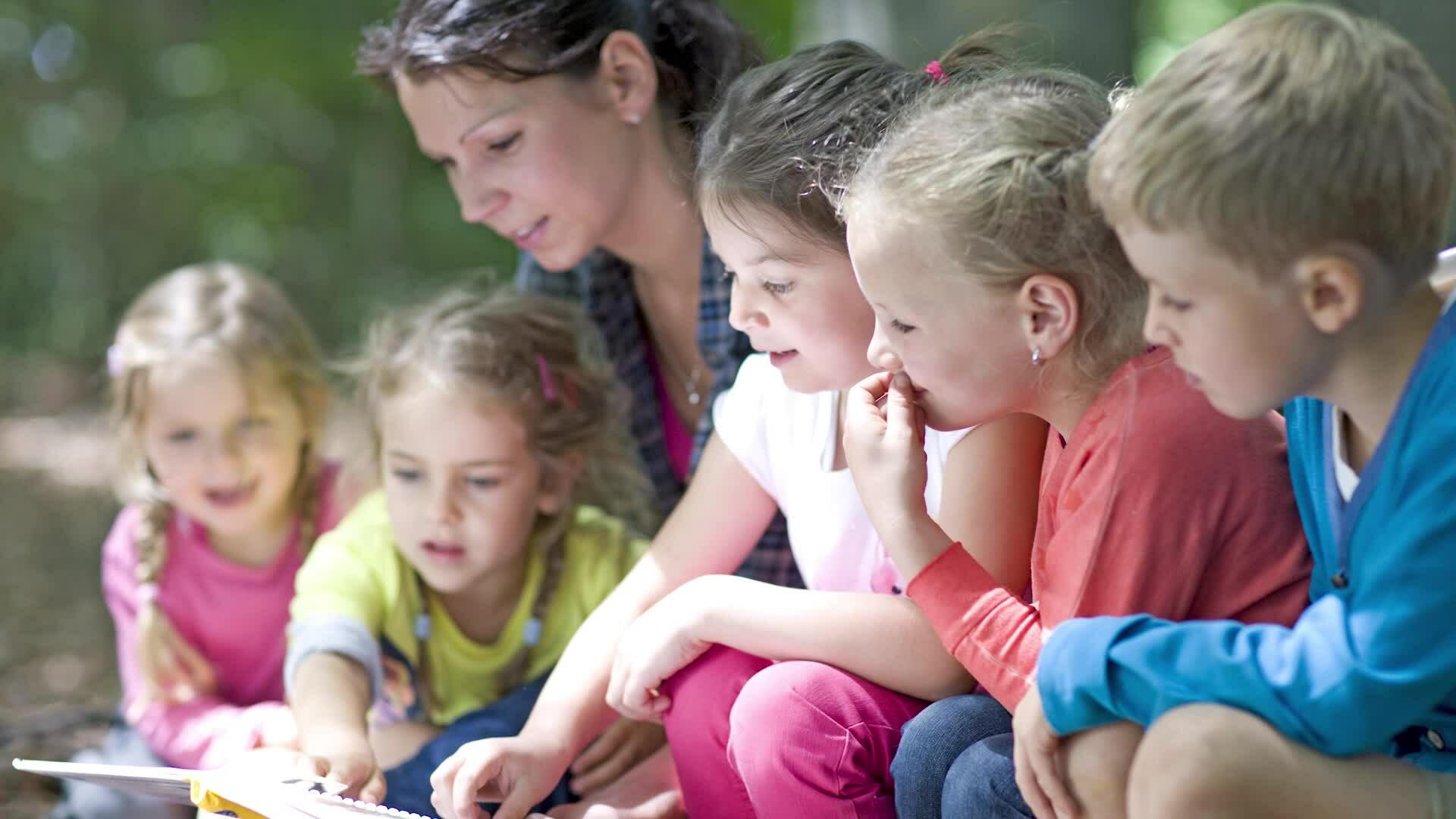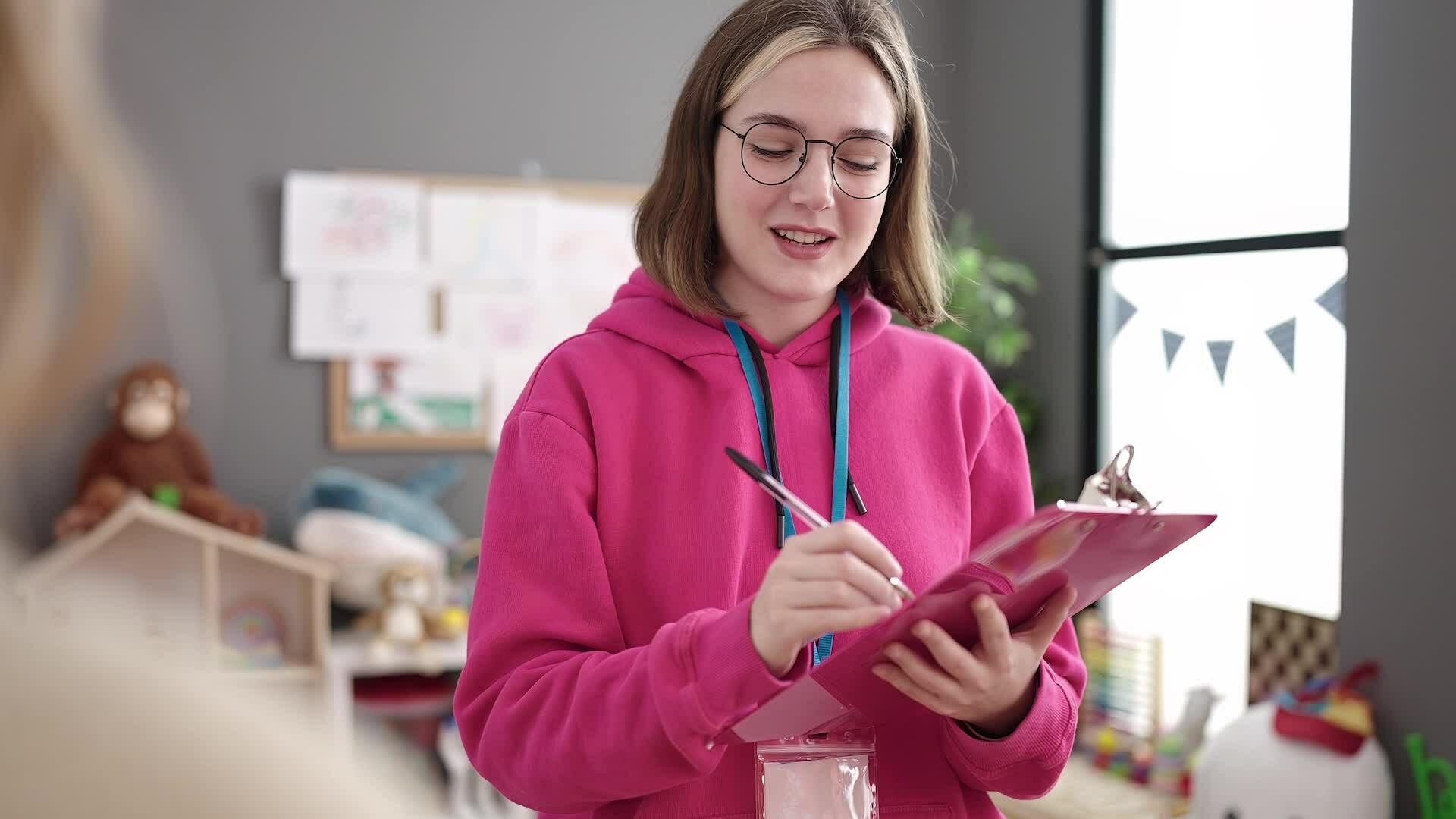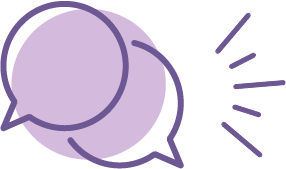Effective Transitions for Young Children and Families

For young children with disabilities, early experiences provide the foundation they need for a lifetime of learning, growth, and opportunities. That’s why it is important for early care and education providers to understand the transition process between agencies and state-level requirements for collaborative and cooperative agreements to serve infants, toddlers, and preschoolers with disabilities.
Watch Video Insights into Effective Transitions

Two-Part Training for Professionals:
IDEA Part C Early Intervention to Part B Early Childhood Services

Presented by OCALI and its partners, Effective Transitions for Young Children and Families: IDEA Part C Early Intervention to Part B Early Childhood Services explores how to utilize cross agency collaboration to improve transitions from Part C Early Intervention to Preschool Special Education services. Read the Training Brochure
Who Should Attend?
- Early Intervention administrators and service coordinators
- Local Education Agencies (LEAs), including Early Childhood Educators, supervisors, providers and State Support Teams (SSTs)
- Head Start personnel
- Family & Children First Council representatives
What You’ll Learn:
- The transition process
- Roles and responsibilities for facilitating, coordinating, and carrying out transition activities
- Best practices in implementing the transition process with families and supporting agencies
- Approaches for improved Interagency Agreements
What Past Participants Had to Say
"We're now able to engage families more across agencies. There are so many things happening and we just didn't know about them."
“While all of our agencies were involved in the interagency agreement before, it is now a working document that we can use to continue to improve transitions."

